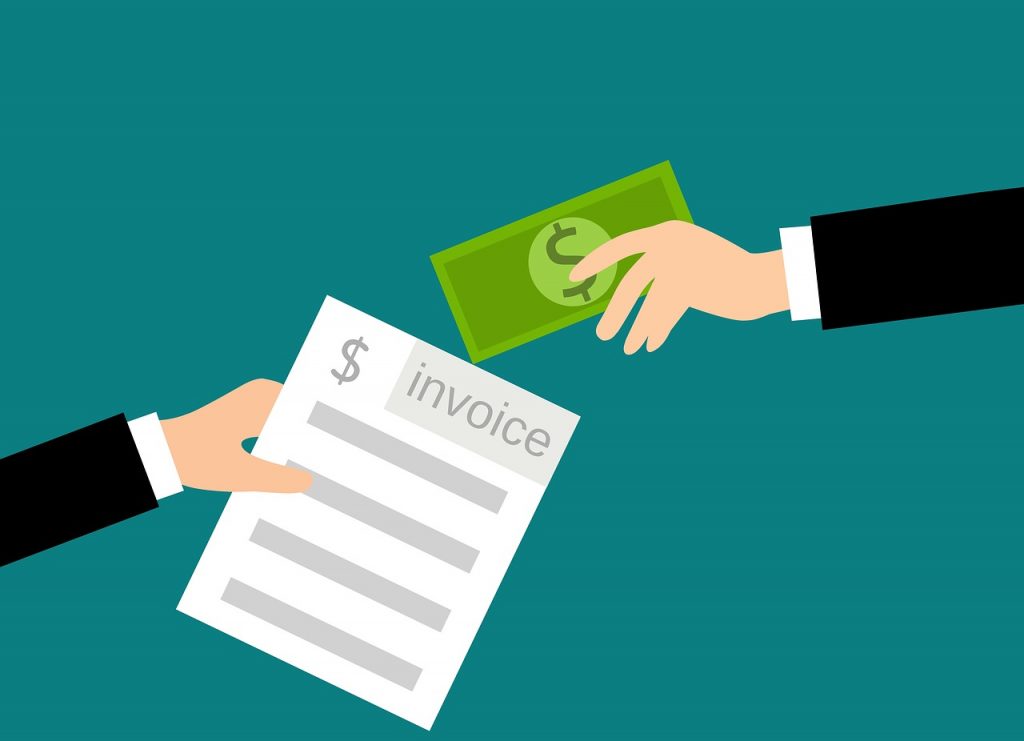

Ensuring that your invoices are legally compliant is crucial for businesses of all sizes. Invoices are not just simple requests for payment; they are documents subject to specific legal standards. By following this guide, you’ll learn about tax invoice compliance and how to make sure your bills are both legally sound and professional.
When it comes to invoicing, not following the rules might have serious consequences. You have to be both organized and professional to stay on the right side of the law. Failing to comply with legal invoicing requirements can lead to more than just a slap on the wrist. Let’s look at what can happen if your bills don’t meet the necessary standards.

Read how to grips with the notion of invoicing. How to invoice customers like a pro
One of the biggest risks of not having your invoices up to par is the legal trouble it can bring. If your bills don’t contain the required information or are not reported correctly, you might face legal actions such as fines or even more serious legal proceedings, depending on the severity of the non-compliance. In addition to being costly, these legal issues can damage your business’s reputation, making clients and partners think twice before dealing with you. Ensuring compliance in your invoicing practices is key to avoiding these potential legal pitfalls.

Apart from legal troubles, errors in your bills can hit where it hurts most — your finances. Incorrect or incomplete bills can lead to delayed payments. Imagine sending out a bill and having to wait for weeks, if not months, because something was missed or incorrect. This can disrupt your cash flow, affecting your ability to pay your own bills and employees. In worse cases, invoicing mistakes can lead to disputes over payments, which can be costly to resolve and can even result in loss of revenue. Keeping your bills accurate and compliant not only helps maintain steady sales and revenue but also protects your business from unnecessary financial headaches.
Getting invoice compliance right can be a tricky task, especially for smaller businesses or those just starting out. There are many details to keep track of, and regulations can often change. Understanding and avoiding common mistakes is key to keeping your invoicing process smooth and compliant. Let’s take a look at some usual stumbling blocks.

Even with the best intentions, mistakes can happen in invoicing. Here are some of the most common ones to watch out for:
Tax laws can add another layer of complexity to invoicing. These laws are often complicated and can vary from one area to another. It’s important to stay up-to-date with the latest tax regulations and understand how they apply to your business. Ensuring that your bills accurately reflect these tax laws is crucial, particularly for businesses that operate in multiple regions or internationally. A solid grasp of the legal aspects and consistent attention to tax details are essential for maintaining tax compliance in your bills.

When it comes to invoicing, one size does not fit all. Different countries and industries have their own specific rules and standards. It’s important to be aware of these variances to ensure that your bills are compliant, no matter where you run your business or what it is dedicated to. Let’s explore some of these differences and how they can impact your invoicing practices.
As you can see, managing invoice compliance effectively is more than just meeting a legal requirement; it’s a critical step towards ensuring that your business runs smoothly and maintains its credibility. Properly compliant invoices not only keep you clear of legal troubles but also streamline your payment processes, contributing to the overall well-being of your business. Remember, in the business world, good compliance is not just about dodging problems; it’s a vital part of building a successful and stable business.